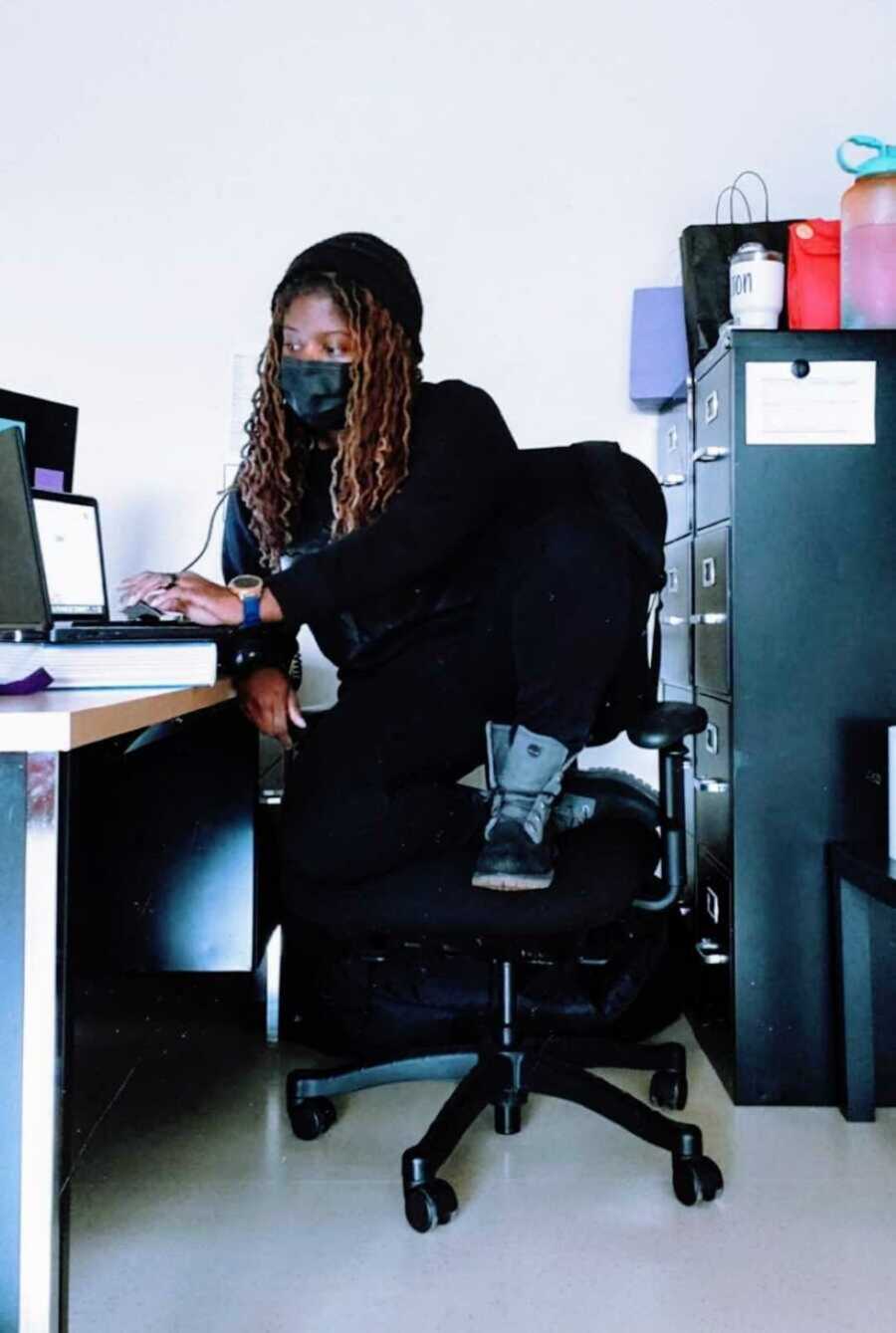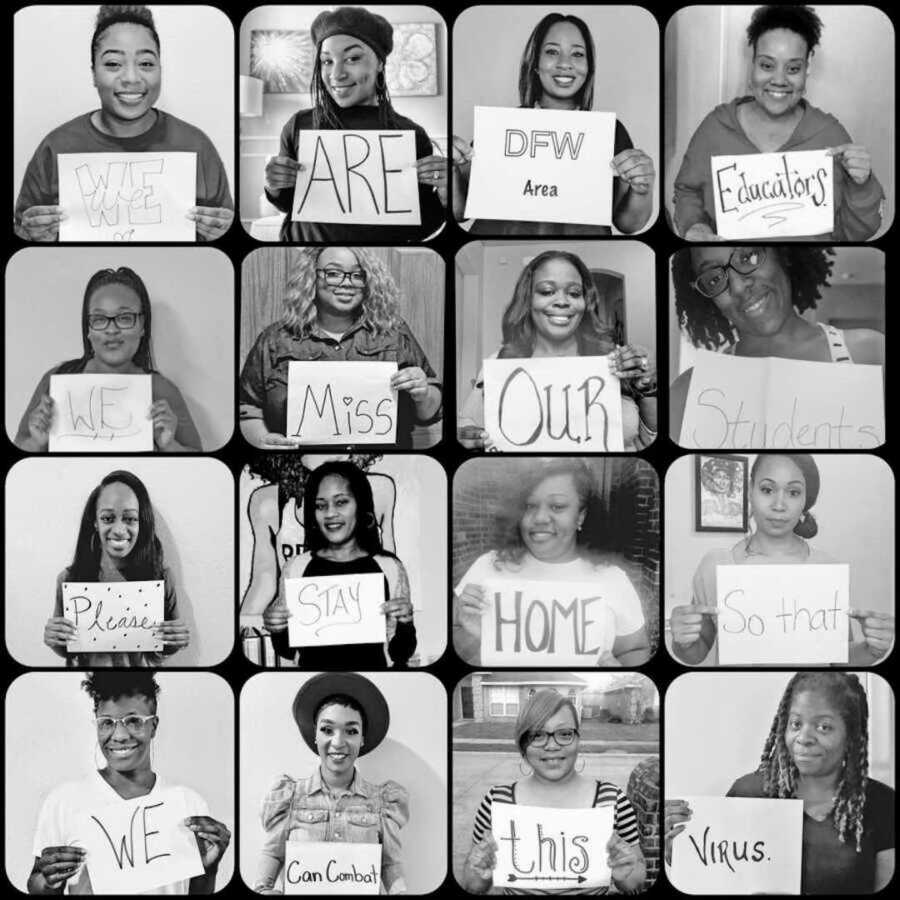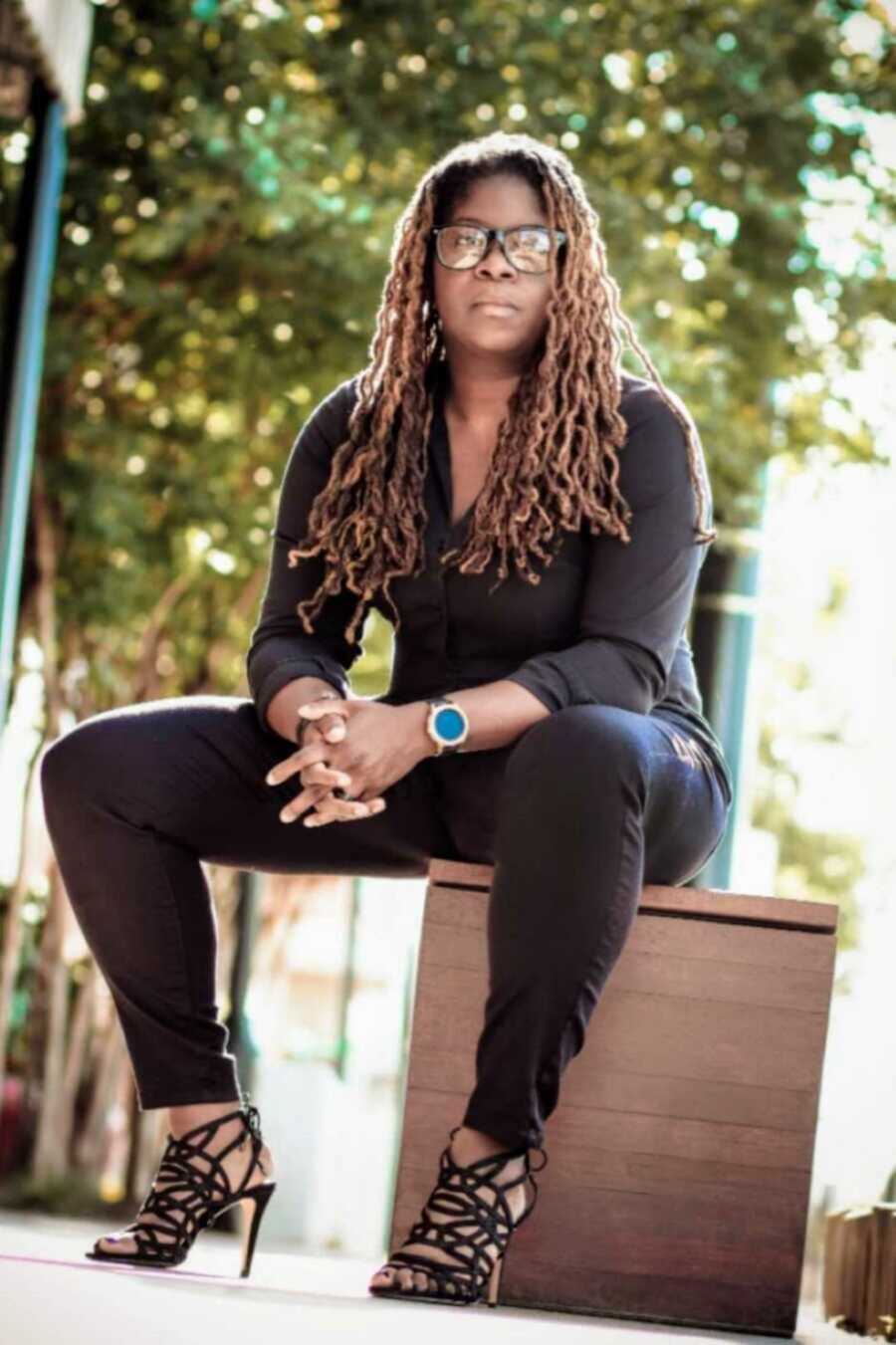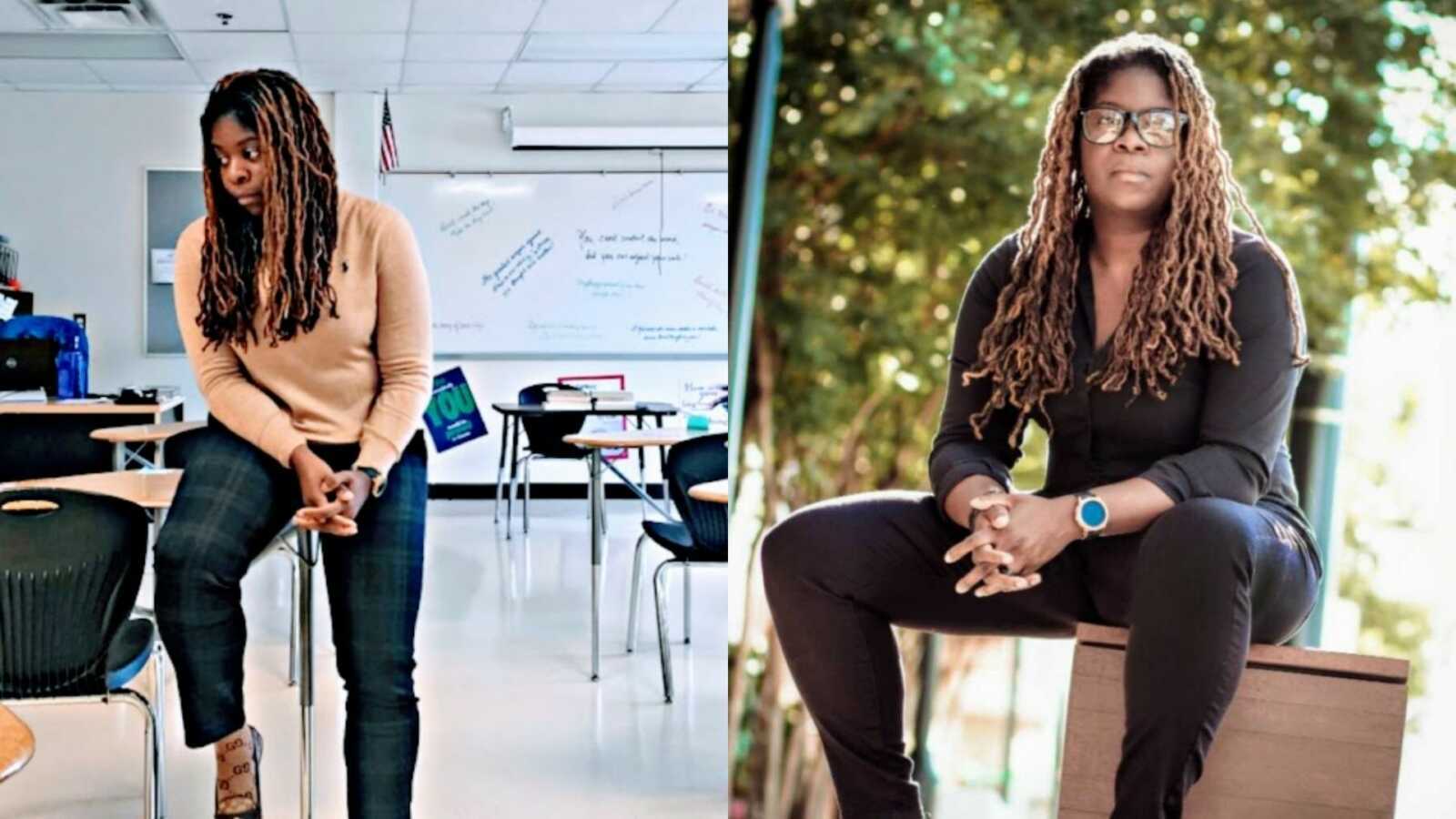Toxicity In Education
“I knew it was time for me to leave education when I began to wish all of the teachers would leave education, and I no longer cared about society’s automatic response: ‘What about the children?’
If you know me and engaged with me for all of five minutes during my 11-year teaching career, then you know I cared more about my students than some of their parents. The students were the only joy I found, when the politics of the industry of education became burdensome. It was the students I celebrated when I found the curriculum at hand to be daunting and unnecessary.
After my first year, I was no longer the teacher who panicked. I didn’t need to have my lessons planned days in advance.
Administrators walking into my room didn’t scare me. And no class was too big for me – not even those years with 45 plus. The students responded well to me and I truly enjoyed their conversation.
So, as you read – please don’t ask, ‘What about the children?’ I care about them, but I have to care about me more. It wasn’t until the pandemic I realized the true toxicity that envelopes education.
COVID-19 Education
Teaching is a woman. And who are women expected to be in our society?
She’s supposed to always be there to serve. She feels guilty when she needs a day off and always has so much to fix when she returns. She’s only celebrated for sacrificing. She isn’t appreciated until she leaves.
Think about all of those ‘feel good’ educator stories that have come across your screen during the pandemic. The teacher was either grading papers from her hospital bed; dangerously passing out sack lunches during the virtual learning period; driving 90 minutes to teach at an inner-city school or spending countless non-paid hours to communicate with students attempting to learn from home.

While experts took to CNN to explain why in-person learning was necessary, and took every opportunity to share statistical data about forthcoming learning gaps – educators had no say so whatsoever. We had no control over our day-to-day work situation during a global pandemic.
My entire career was spent teaching high school students. Some of the absolute best students I had last school year never stepped foot on campus.
I presented topics. I created videos explaining assignments. I typed everything I said in my videos and I gave them due dates.
They managed. Many of them managed my work, the work of seven other teachers, a job, caring for younger siblings and more.
I will scream this from a mountaintop: virtual learning should ALWAYS be an option for high school students. Again, the ‘experts’ who have zero daily exchange with young people pressed the idea of socialization or the lack thereof. That was their argument – students need to be in person, so they don’t miss out on interaction with other young people. Where did that get us?
Schools are now open all across the country. Students are interacting with one another and with the many variants of Covid-19. Some of the same parents who screamed without ceasing that they couldn’t work and manage their own children in their own home are now blaming schools because their children are testing positive for the virus. Many of those same parents have yet to stop their children from traveling house to house, attending parties, and participating in activities where they interact with others while maskless.

Here in Texas, we even have suburban stay-at-home moms arguing that wearing masks in school is somehow punishment for their first graders. Still, no one is asking the educators what should be done. Many of these educators are bursting at the seam.
Imagine being told if you contract Covid-19, you have to use your own personal days while out sick. Once personal days are exhausted, some educators are docked in excess of $320 per day. If you struggle to read between the lines – this means many educators will probably not report their positive status. They simply won’t be able to afford such a financial loss.
Micromanaging
Just like everyone else, I saw the back-to-school commercials. Briefly, they made me sad. I did miss decorating my classroom. I did miss typing up my syllabus and creating a welcome video.
I looked in my closet last Monday and saw all of the teacher slacks, Polo blouses, button-downs and loafers and I found myself unsettled. The first day pictures on Facebook really took me down.
Those feelings expired that same Monday. When I need to use the restroom now, I don’t have to search for another adult to watch my class. Whenever I grow hungry for lunch, I can eat and I don’t have to have the last bite chewed within 30 minutes. At 1 p.m. – I don’t have to look at the clock and resent the reason the school day will continue on for three more hours.
Read that again. There are only two reasons the school day is eight hours long: money and it aligns with parent work schedules. Now tell me, which of those two reasons actually promotes academic learning?
During the pandemic, that resonated with me ever so clearly. The more I sat with that truth, the more resentful I became. Teaching is the most micromanaged profession there is. Teachers are never allowed to just teach.
Even when there are extraordinary administrators in place – curriculums, mandates, and objectives come from people so far removed from actually working with children.
Inadequate Income
I would estimate I’ve met a few thousand teachers over the years. I can probably count five who don’t work other jobs, hobbies, and passions for additional income. I walked away from my job and my $64,000 salary.
I have no children and no mortgage, but I always found it beneficial to have two-three additional sources of income during my time as a teacher. There are teachers in neighboring states with more years of experience and advanced degrees who don’t even make $45,000. Teaching is a Woman.
Many parents are currently learning after a year of virtual school – their children are behind. While some parents will feel guilty and seek help, ultimately who do you think will receive the brunt of the blame? Home is supposed to provide the foundation. School is supposed to offer enrichment.
While I don’t have it all figured out – I’m not afraid anymore. When I say I hope more educators leave the profession – I mean it.
Mental Health
I worry about the mental health of my peers. I worry about the professionals who believe themselves to be short-changing their own children because the school requires so much of their time. I worry about the men and women who are reduced to Teacher Appreciation Week and then mocked and ridiculed when a child they didn’t birth nor raise doesn’t know something.
Leaving my job was by far one of the most difficult things I had to do, because unlike the beginning of my career, I had administrators who didn’t breathe down my neck. I had colleagues whose company I enjoyed. Notice, I’ve yet to speak on the children – that’s because in 11 years I can’t pinpoint a single issue with my students that’s worth complaining about.
I left the profession because I deserve better treatment as both a human being and as a professional. An essential worker should be on a pay scale that reflects such. This country will not recover from massive numbers of children dying from Covid-19. That is what will happen if we continue to pretend like the virus hangs outside of the school doors until the bell rings.”

This story was submitted to Love What Matters by Ari Christine of Dallas, TX. You can follow her journey on Instagram, her blog, and her nonprofit. Be sure to subscribe to our free email newsletter for our best stories.
Read more stories like this here:
Do you know someone who could benefit from reading this? SHARE this story on Facebook with family and friends.



